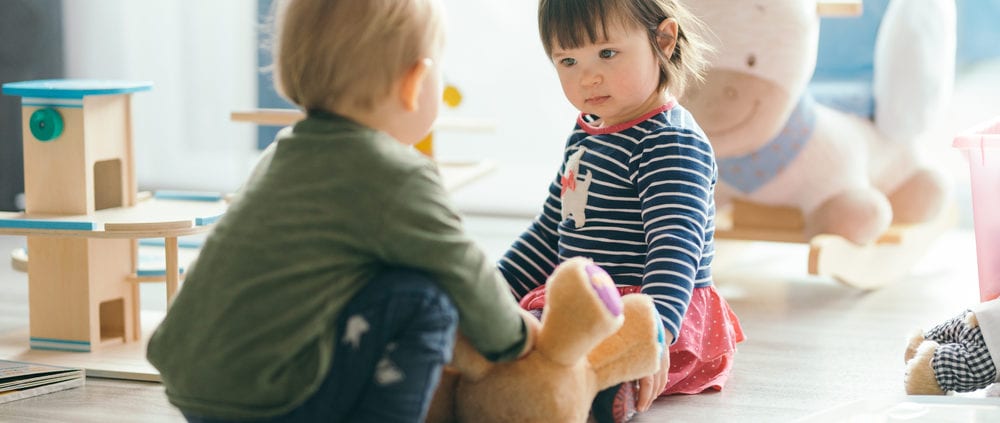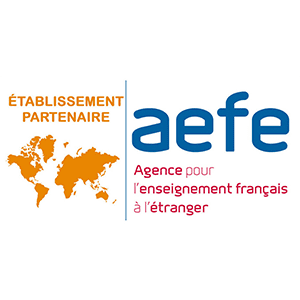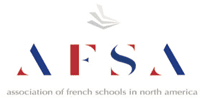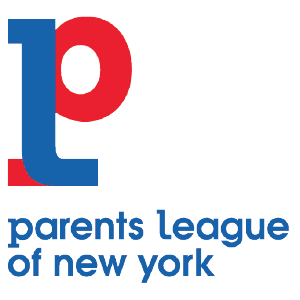How Bilingualism Promotes Social Skills in Children
by Tori Galatro
In 2016, two studies were conducted by researchers at the University of Chicago on the social effects of childhood bilingualism. Their findings suggest that bilingual children can understand different perspectives more readily than monolingual children. The two studies also remind us of how much we still have to discover about how children perceive and understand others, and how their early experiences transform their understanding. In addition, it provokes questions about how we ought to apply these findings to education and parenting.
The First Study: The Toy Car Experiment
In the first study, researchers took children 4-6 years old and presented them with three toy cars: a small car, a medium car, and a large car. Then, an adult, who could only see the medium and large toy cars, would say, “Oh! I see a small car. Can you move the small car for me?” Some children were able to understand that the car that the adult was referring to must be the medium car. They could understand that the adult could only see the medium and large toy cars so, to them, the “small car” was the medium car. The researchers found that bilingual children moved the medium car more often than monolingual children, who chose the small car instead.
This study suggests that bilingual children are better equipped to put themselves in the shoes of others than monolingual children. This makes sense in a way. If you have multiple languages to choose from, and you need to communicate, you need to be able to see from others’ perspectives. You need to modify your words based on context and perspective. This also suggests that exposing children to multiple languages can help them develop essential social and emotional skills, like empathy, compassion, and communication.
The Second Study: The Banana Experiment
After the results of the first experiment, the researchers wondered if the same result would apply to even younger children. In their next experiment, they chose 14-16 month olds who were just beginning to talk. They presented the children with two bananas. Like in the toy car experiment, one banana was hidden from the adults view, while the other could be seen by both the adult and the child. Then, the adult asked for “the banana”. The bilingual children more often chose the banana that could be seen by both themselves and the adult. Again, this suggests that bilingual children are more accustomed to understanding the experiences of others.
What Does This Mean for Monolingual Children?
Although both experiments showed how bilingual children have an advantage when it comes to interpersonal skills, follow-up experiments held good news for monolingual children. As it turns out, when the same experiments were performed with monolingual children who were sometimes exposed to multilingual environments, they acted the same as the bilingual children. In other words, simply being around different languages can help a child to understand different perspectives.
The researchers also ran cognitive tests for executive function on the bilingual children, monolingual children, and monolingual children who are sometimes exposed to multilingual environments. Scientists already know that bilingualism has positive effects on the brain so they were not surprised to find that the bilinguals scored higher on the cognitive tests. However, both kinds of monolingual children scored the same. This suggests that the social skills gained from being exposed to a multilingual environment are not effects of greater cognitive strength, but rather the knowledge gained from the social experiences themselves. In other words, the social benefits can be obtained without becoming bilingual.
For monolingual parents, this is great news. It means that you don’t need to speak multiple languages at home for your child to benefit from multilingualism. Even limited exposure can help your child to understand different perspectives. The social advantages of understanding different perspectives not only helps your child to think more critically, but it also helps them to become a more empathetic and well-rounded. Contact us at Tessa International School to find out more.




















